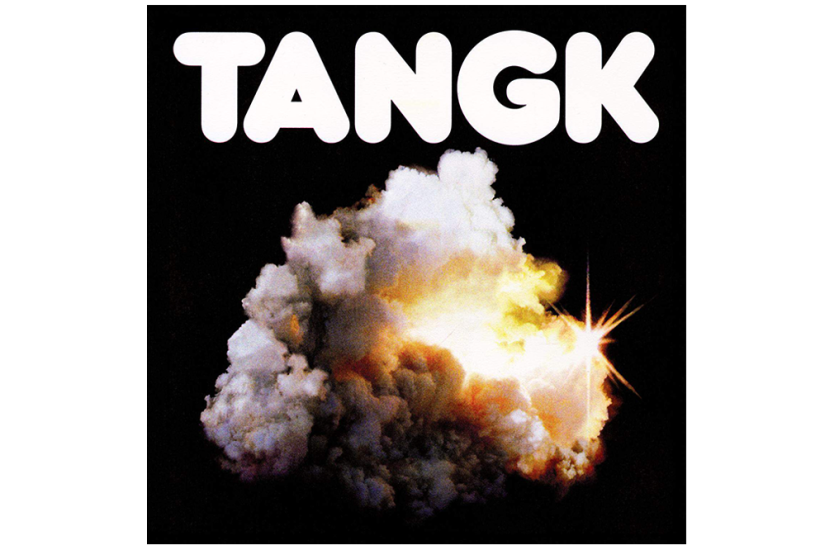I never had Idles down as a great Bristol band, I confess. In fact, I never had them down as very much of anything at all. Through occasional and accidental contact, I associated the quintet with a cadre of unlovely groups – Sleaford Mods, Shame, Soft Play (formerly Slaves), Viagra Boys – that emerged in the 2010s and made shouty, angry music which wanted to Say Something Important about our times, most of it pretty obvious and deeply depressing.
Already a subscriber? Log in
Subscribe for just $2 a week
Try a month of The Spectator Australia absolutely free and without commitment. Not only that but – if you choose to continue – you’ll pay just $2 a week for your first year.
- Unlimited access to spectator.com.au and app
- The weekly edition on the Spectator Australia app
- Spectator podcasts and newsletters
- Full access to spectator.co.uk
Or
Unlock this article
You might disagree with half of it, but you’ll enjoy reading all of it. Try your first month for free, then just $2 a week for the remainder of your first year.








Comments
Don't miss out
Join the conversation with other Spectator Australia readers. Subscribe to leave a comment.
SUBSCRIBEAlready a subscriber? Log in